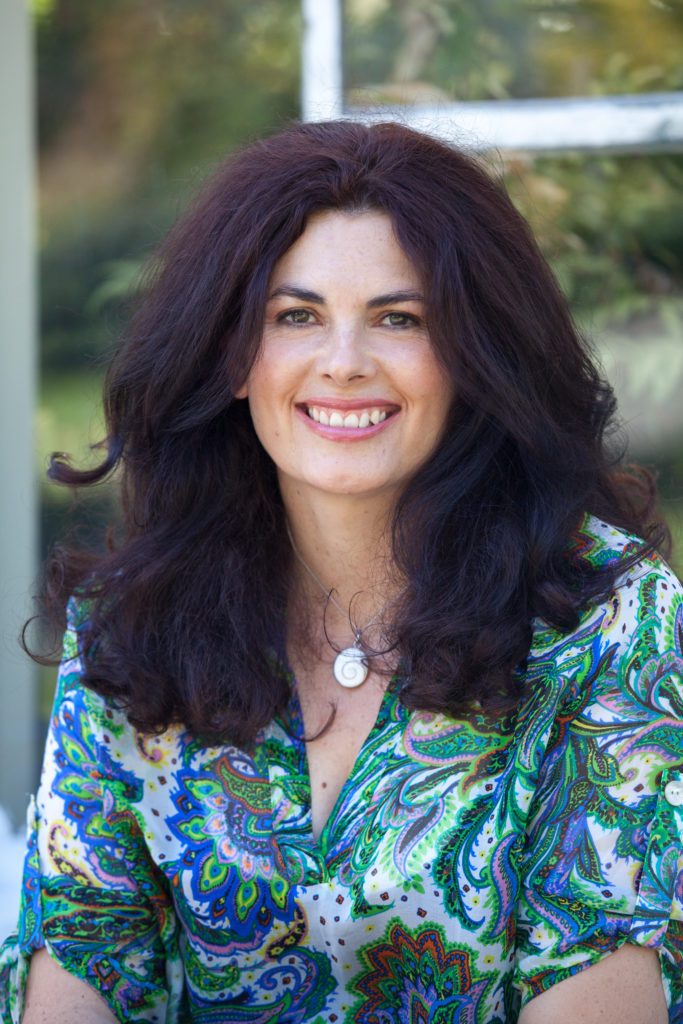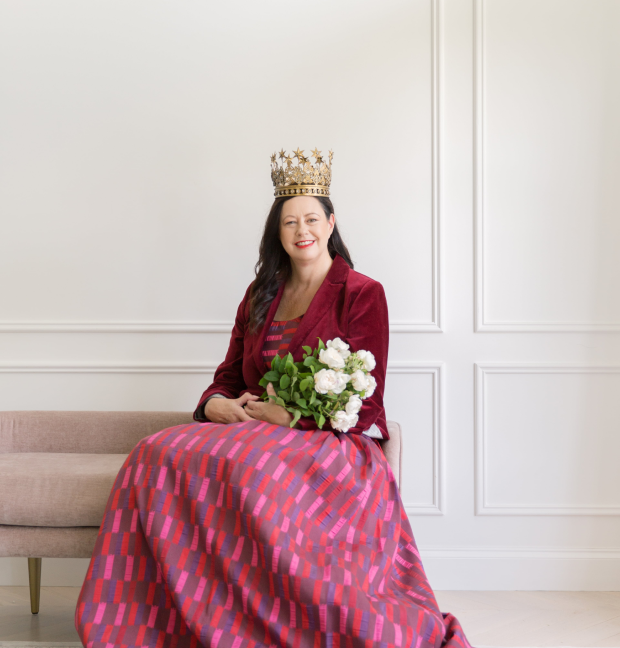
Today I interview Stephanie Parkyn, author of the book I have just reviewed Into the World:
Are you a daydreamer too?
I didn’t think so, but when out walking with my characters and their dramas in my head I have stepped straight out into traffic and had cars stop for me. I’ve done this twice, so it’s good I have moved away from a city!!
Have you always wanted to be a writer?
Yes, from about age 8 or 9 I used to write short stories and poems and collect them together and mark a little red ‘P’ in the corner of any that I thought could be published one day!
Tell me about your novel.
It is based on the extraordinary true story of Frenchwoman Marie-Louise Girardin, a destitute mother with an illegitimate child, who flees the wrath of her father by joining a voyage to the South Pacific disguised as a man. It is set in the volatile times of the French Revolution and during the Enlightenment era, a golden age in Europe of scientific expeditions to unexplored lands. She is swept along on this dangerous adventure in search of a lost explorer, while searching for her own independence and the means to raise her child. On the ship, the conflict of the Revolution is never far away and she soon finds the secrets of her past still have the power to threaten her safety.
How did you get the first flash of inspiration for this book?
I had just moved to Tasmania and was camping in Recherche Bay where the explorers visited. I read of the French scientists’ friendly meeting with the Aboriginal inhabitants of the bay and I was curious about that first contact before colonisation would catastrophically change everything for the indigenous people. As I read more I came across the casual mention that there was a woman in disguise aboard the ship. What? This was an amazing feat, surely worth more attention than a few lines. Why hadn’t we heard of her before? I learned that she fought a duel in Recherche bay and was the first European woman to set foot in Tasmania. I was immediately hooked. What was her story? What could have driven her to take this dangerous course?
How extensively do you plan your novels?
Not at all – which is why it takes me so long to write them! I tend to get an initial vision of the first scene and then I just want to write it immediately and let it go from there. With Into the World I had the overall course of the voyage to follow, but I needed to make sure there were crisis points for my main character at the right times (and thank you Kate for your excellent blog post on this subject that came at a perfect time for me). I had a general idea of what these might be and then I just wrote. It became a massive lump of words that I had to carve and shape into a satisfying story. With Josephine’s Garden, my second novel, I had a slightly different approach, it felt like I was sketching out the story as I went, finding the crisis points, and going back to colour in the whole later. Each book might demand a different approach. Next time I must try plotting – it might save a lot of rewriting.
Do you ever use dreams as a source of inspiration?
No – I haven’t yet anyway. But often the early morning is when ideas will suddenly come together and I will see what happens next, the scene will play out in my head and it will feel like it truly happened, even if it is fiction.
Where do you write, and when?
I can write anywhere if needs be: in bed, at the kitchen table, on a park bench, or in a café. But I do find that a dedicated area that can be a creative zone, a different space to where you do your taxes or pay bills, and somewhere you can close the door to outside annoyances is helpful! I used to have a nook in the side of my bedroom, now I have a cabin in the woods. I treat writing like a full-time job with flexible hours, mostly I write (or edit) every day usually from 6 – 8 hrs through the day or longer if necessary for deadlines. I don’t write in the evenings. I like the flexibility to have occasional days away from the computer rather than a proscribed weekend. Thinking time is also important. Writing can also be lying down and thinking up the next scene, or is that just me?
What is your favourite part of writing?
When the subconscious takes over and solves the problems for you. I love those moments where the little piece of historical fact you once read suddenly pops into your head and fits with the metaphor or the storyline you want to express. When the characters have vivid conversations to one another and you feel like you are recording what they say, not putting words into their mouths.
What do you do when you get blocked?
Fortunately, I haven’t had that problem yet. I have a lot of possible projects, half-formed ideas around things that pique my interest, queuing up in the background, so I hope if I got stuck I would move on to another project for a while.
How do you keep your well of inspiration full?
I love art, science, nature and listening to other people’s conversations, endless inspirations! I am writing historical fiction, so I tend to read widely around a topic or character before I begin – I like to think of it as filling up the subconscious with information that might come out at the right moment sometime. I also like to travel to find the stories. I might have a vague idea that I want to write about a certain place or happening, but not be entirely sure what the theme or story will be. I love research!
Do you have any rituals that help you to write?
No
Who are ten of your favourite writers?
Kate Forsyth, of course! Emma Donoghue, Michelle Lovric, Joanne Harris, Anthony Doerr, Kate Grenville, Hannah Kent, Peter Carey, Marcus Zusak, Agatha Christie
What do you consider to be good writing?
When the characters are so intriguing that I have to know what happens next for them and when I find a description or an image that is so perfect and surprising that it makes me smile.
What is your advice for someone dreaming of being a writer too?
Start now! It takes longer than you think to learn the craft, but if you make the love of writing and learning to write better your goal, it will be such a rewarding journey.
What are you working on now?
I am almost finished copy edits for my second novel Josephine’s Garden to be published by Allen & Unwin in December 2019. It is the story of how Josephine Bonaparte built her exotic garden at Malmaison and grew Australian plants for the first time in Europe, while needing to give Napoleon an heir or risk losing it all. Readers of Into the World will recognise the gardener Félix Lahaie and botanist Labillardière who are intricately bound up in this story. I am also working on a first draft of the story of Rémi, the son Marie-Louise left behind in Into the World.
You can read my review and purchase a copy of Into the World here.

